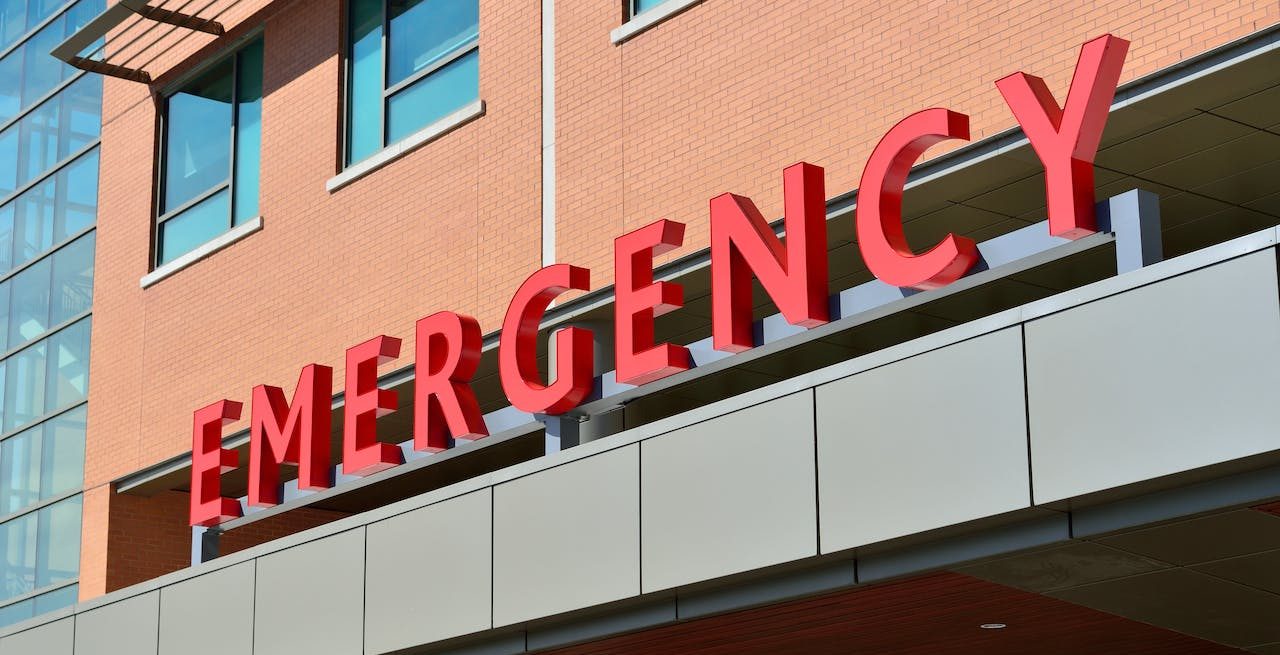2024 Emergency Planning for Restaurants
4 Min Read By Society Insurance
Picture this – it’s 5 a.m. and you receive a frantic call about the state of your restaurant. In the hospitality industry, the last thing you want is a phone call from the alarm company at an early morning hour about a fire, break-in or other disaster at your business.
Taking proactive measures and having plans in place will allow your business to react quickly to help minimize the impact of an emergency. This in turn can save you time, money, and possibly even save lives.
Ahead of 2024, we will share the all-too-common disasters that can strike restaurants from fires to civil unrest to water damage with pragmatic and proactive tips that can help curb the repercussions. Let us pass on the knowledge and expertise that we have gained in our 100+ years in the insurance business, so you can take a few things off your plate – and gain peace of mind.
How to Better Ensure You Won’t Need Your Fire Extinguisher
The best response is to prevent a fire before it starts by updating and cleaning your kitchen equipment, ensuring rags and smoking materials are disposed of properly, investing in Class K extinguishers and finally 86ing flaming shots.
-
The Best Offense is a Defensive Kitchen: Cooking equipment is probably the most important thing inside a restaurant – and it’s also a leading cause of fires. Restaurant and bar owners can mitigate these risks by hiring qualified professionals for installation, maintenance and cleaning service. Additionally, they can train employees on proper cleaning, frequency intervals and safety procedures.
-
Don’t Let Your Rags be a Drag: Use only commercial-grade appliances and detergents to clean grease-laden linens and rags. Store clean and dirty rags separately in metal cabinets or containers with closing lids. Even clean linens and rags have some amount of grease and oil residue that could cause spontaneous combustion.
-
Class K Gets the A: Even though the classic red ABC fire extinguisher may be able to temporarily put out a grease fire, a Class K fire extinguisher with its wet chemical agent will help keep the fire from reigniting. Silver Class K fire extinguishers are meant exclusively to handle kitchen grease fires. They utilize a foam-forming agent that prevents persistent kitchen fires from reigniting.
-
Step Away from Flaming Shots: In addition to severe skin burns from holding hot glassware and cuts from fractured glassware, flaming drinks can spill or crack onto combustible surfaces. Additionally, it’s not out of the question that patrons could add more alcohol to the flaming drink, causing fire to spread.
How to Better Prepare Against Possible Water Damage
No matter what geographic climate your business is in, it is always susceptible to water damage because it can occur in a variety of circumstances, even ones that are out of your control.
Here are some helpful tips to stay proactive and mitigate your risk of having water damage:
-
Conduct routine equipment inspections on appliances that have water lines
-
Ensure all employees know where the water main is so they can turn it off in the event of a burst pipe
-
Invest in water detection devices that sound an alarm when an abundance of moisture is present
-
Insulate pipes and disconnect outdoor hoses during winter months
-
Maintain the rooftop
-
Clean gutters at least twice per year
How to Better Protect Against Crime
Restaurants and bars can be targets for robbery, burglary and theft, so much so that the FBI ranks restaurants as the eighth most common setting for violent crime and nearly half of cyber-attacks target small businesses.
While seemingly straightforward, double-check the following safety components to ensure your restaurant is set up for security success:
-
Check Your Alarm Systems: Conduct routine maintenance of your alarm system to ensure it works if a break-in is attempted, and that key staff members have received special training on its activation and disabling procedures.
-
Manage Access to Keys: Only distribute exterior-door keys to employees who must have access. Keys should be marked “Do Not Duplicate” so employees won’t be able to get copies made at the local hardware store.
-
Secure Your Doors: Back doors should never be propped open because it may seem like an invitation for someone to walk right in. Doors leading to the trash containers should have a buzzer to request reentry or for delivery drivers to drop off provisions, and there should be a peephole to visually verify who is requesting entry.
-
Secure Your Cash On-Hand: To reduce the risk of robberies, keeping cash in registers to a minimum is a best practice. Invest in a drop safe.
-
Camera Placement Matters: Cameras should be placed in all cash handling areas, at entrances and exits, storage areas, work/prep areas, and break rooms so staff and customers are aware they are being recorded.
Having a break-in, a fire, or significant water damage can be physically, mentally, emotionally, and financially devastating. It puts your business’ finances at risk, not to mention its impact on the livelihoods of you and your staff. Fortunately, by taking the right precautions and proactive measures, you can help minimize the risk and damage. Being in the restaurant industry is hard enough, but you can plan ahead for peace of mind in 2024.
This article is not a template. It is meant to be a guide as to the questions and issues that should be addressed when drafting a policy. The links provided are a convenience and for informational purposes only; they do not constitute legal advice or an endorsement or approval by Society Insurance of any of the statements, or opinions, or content of the organization. Society Insurance bears no responsibility for the accuracy or content of linked or cited material. This article is not intended to give legal opinions or provide any kind of legal counsel. For a legal opinion, please seek legal counsel from a qualified attorney.


